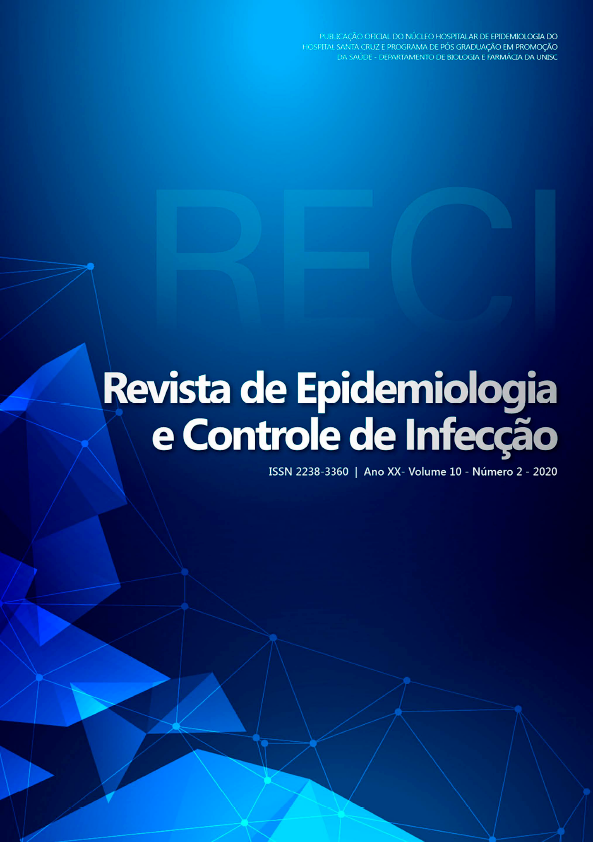Hantavirus and criminality: disease and family
DOI:
https://doi.org/10.17058/jeic.v10i2.13322Palavras-chave:
Virology. Hantavirus. Postmortem Changes.Resumo
Background and objectives: Hantavirus is a pathogen that causes a viral disease with an acute and severe presentation, and a high mortality rate. In face of a sudden loss, some families may not conceive the complete absence of the deceased relative. Thus, we sought to understand the changes that took place in a family after the death of the provider by Hantavirus Pulmonary Syndrome (HPS). Methods: A descriptive exploratory study with a qualitative approach of the type case report. Data collection took place between October and December 2016 through recorded individual interviews and using questions about family dynamics after family provider’s death of HPS, which were assessed by content analysis in the light of Roy's theory. Results: It was observed that the illness and death of the family patriarch weakened the family's strengths and resources, leading to a period of mourning and despair. In addition, unemployment among other family members worsened socioeconomic conditions, seeing drugs as an alternative for support as it became a commercial activity, and the rise of a command in the region that culminated in the arrest of the wife, two daughters and a son of the deceased. Conclusions: In this case, it was evidenced that the family was weakened due to the illness and death of their loved one by HPS, and because of the lack of support and welcome from the reference social services, they chose to act in criminality and it ended up with the arrest of four members.Downloads
Downloads
Publicado
Como Citar
Edição
Seção
Licença
The author must state that the paper is original (has not been published previously), not infringing any copyright or other ownership right involving third parties. Once the paper is submitted, the Journal reserves the right to make normative changes, such as spelling and grammar, in order to maintain the language standard, but respecting the author’s style. The published papers become ownership of RECI, considering that all the opinions expressed by the authors are their responsibility. Because we are an open access journal, we allow free use of articles in educational and scientific applications provided the source is cited under the Creative Commons CC-BY license.


